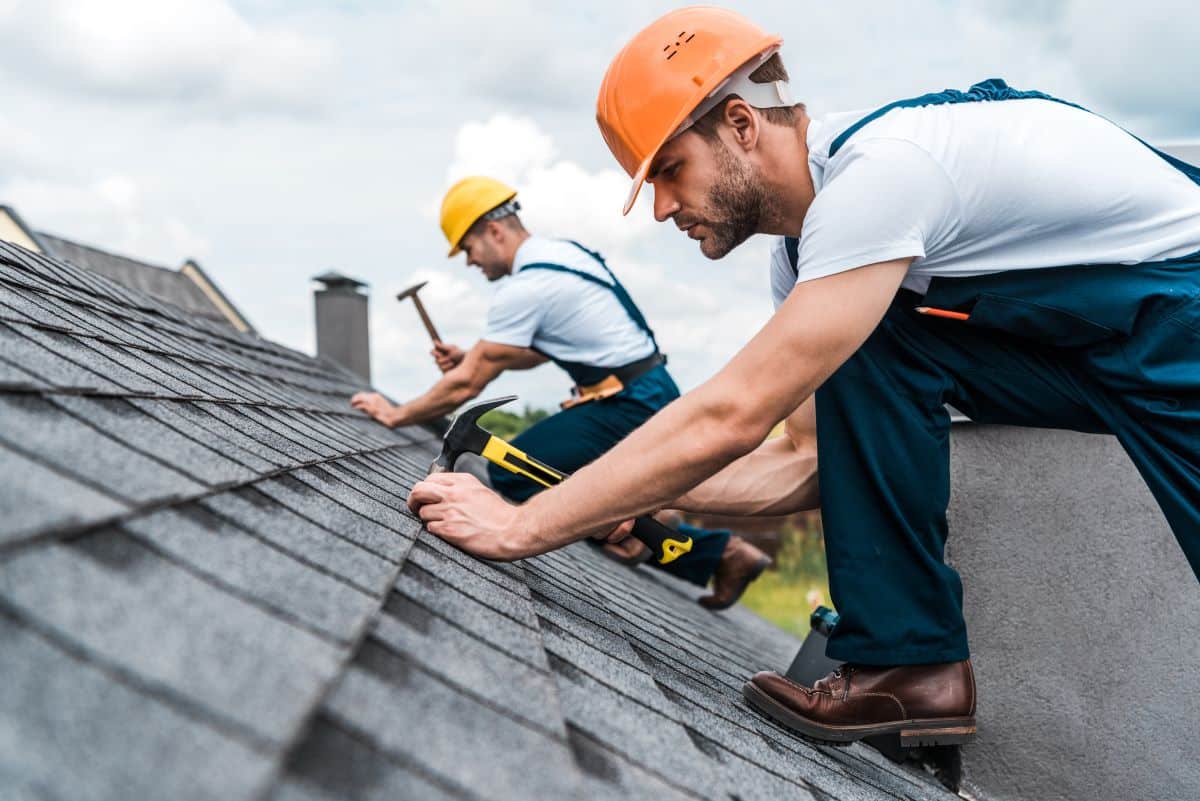If you plan to sell your home, you need to make sure that everything is in perfect order. Inspections and assessments can cost extra money, but they are highly important. So, what does the average American pay to have a home inspection?
Why Inspect Your Home?

When selling a house, inspecting the home before the sale will safeguard homeowners against paying for surprise issues like plumbing or termites.
The Location Matters

Your location will directly impact the price of your home inspection. Some U.S. States are more expensive than others, with some homeowners paying over $400 and others just under $200.
Veteran Affairs Home Inspection
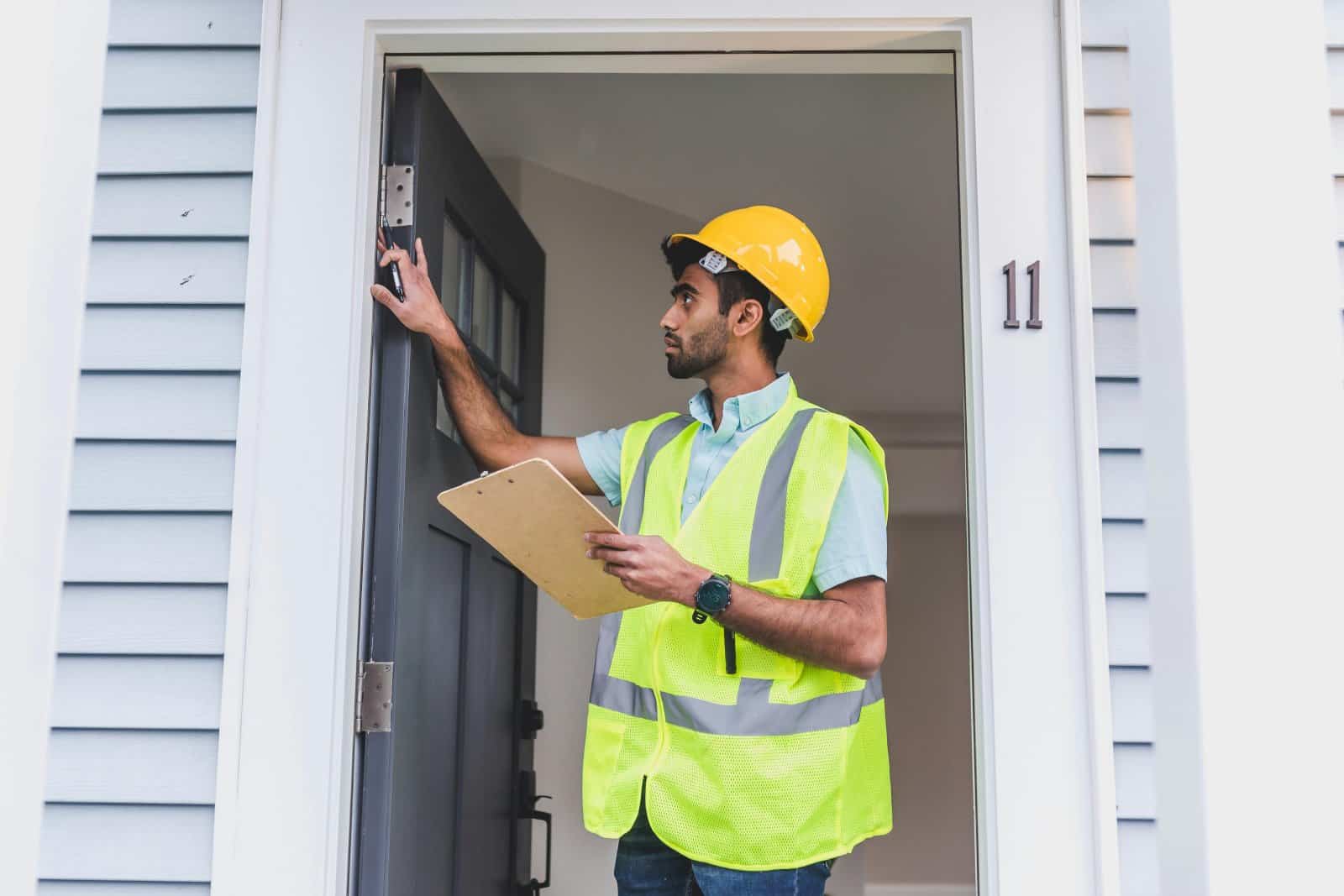
According to Moneywise, veteran affairs homes cost the same as other home inspections, estimated at around $250 – $.450
1. The Property Size

The bigger your home, the longer the inspection and the more places to inspect. The size of your home will increase the price tag. According to Bankrate, a home of 1,000 square feet could cost about $200, but a home double that size could cost $400 or more.
2. The Home’s Age

According to Moneywise, the age of the home influences the price of the inspection. New constructions can cost around $400, given their size. The size and location of older properties are also considered.
3. Check the Plumbing
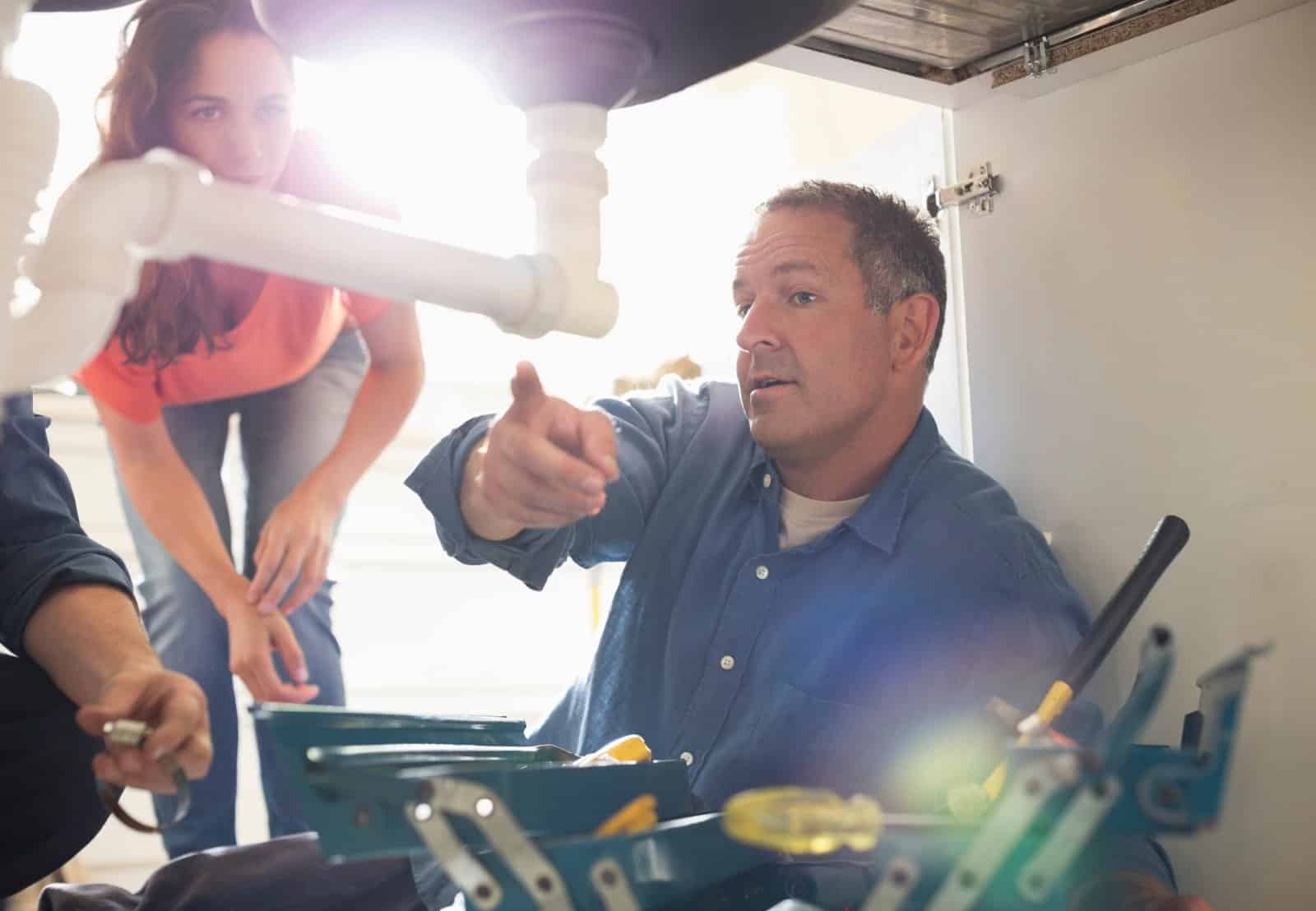
Plumbing is a crucial part of any property, and it is one of the things to check before selling. Plumbing inspections could be estimated at $300 – $500.
4. Check Fireplaces and Chimneys
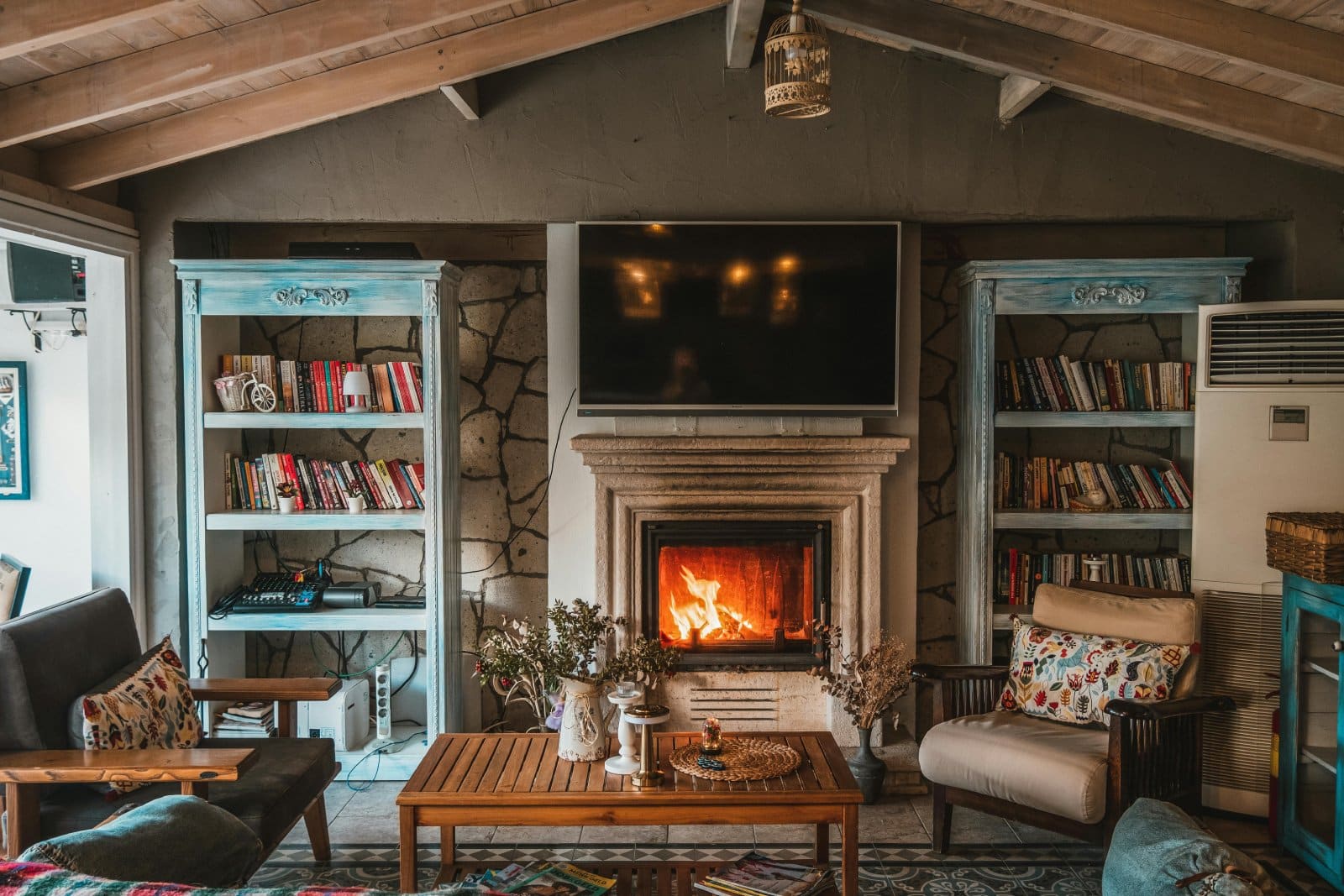
Regular maintenance of chimneys and fireplaces should pose a few issues. However, issues with these parts of the home can become hazardous, and thus, an inspection is important. An inspection could cost from around $150 to $700.
5. Electrical Work
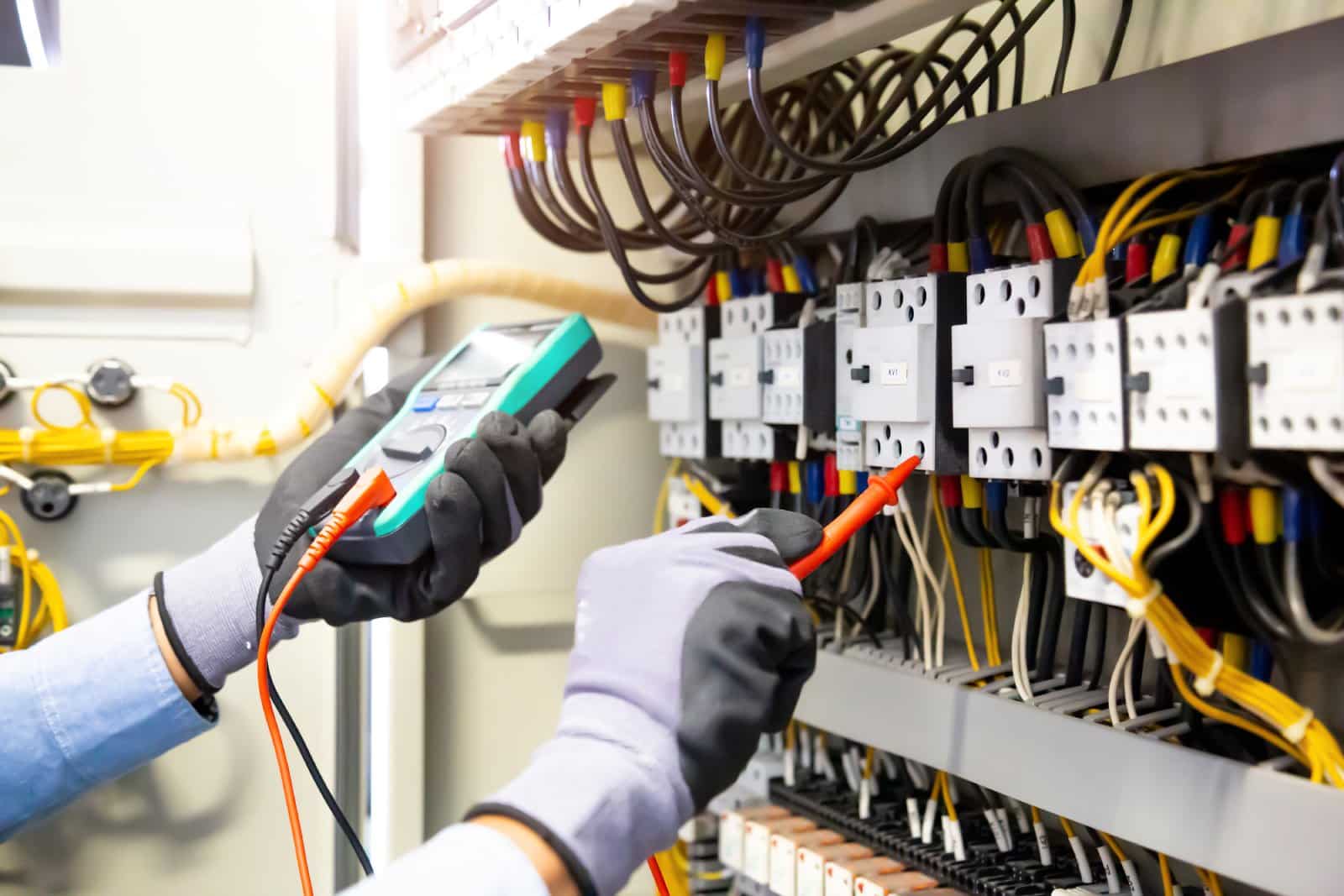
The electrical work of the building is another critical aspect of passing a home inspection. It provides peace of mind to buyers and sellers, ensuring that everything is certified and safe. An electric inspection is estimated at about $100 – $400.
6. The Roof and Attic
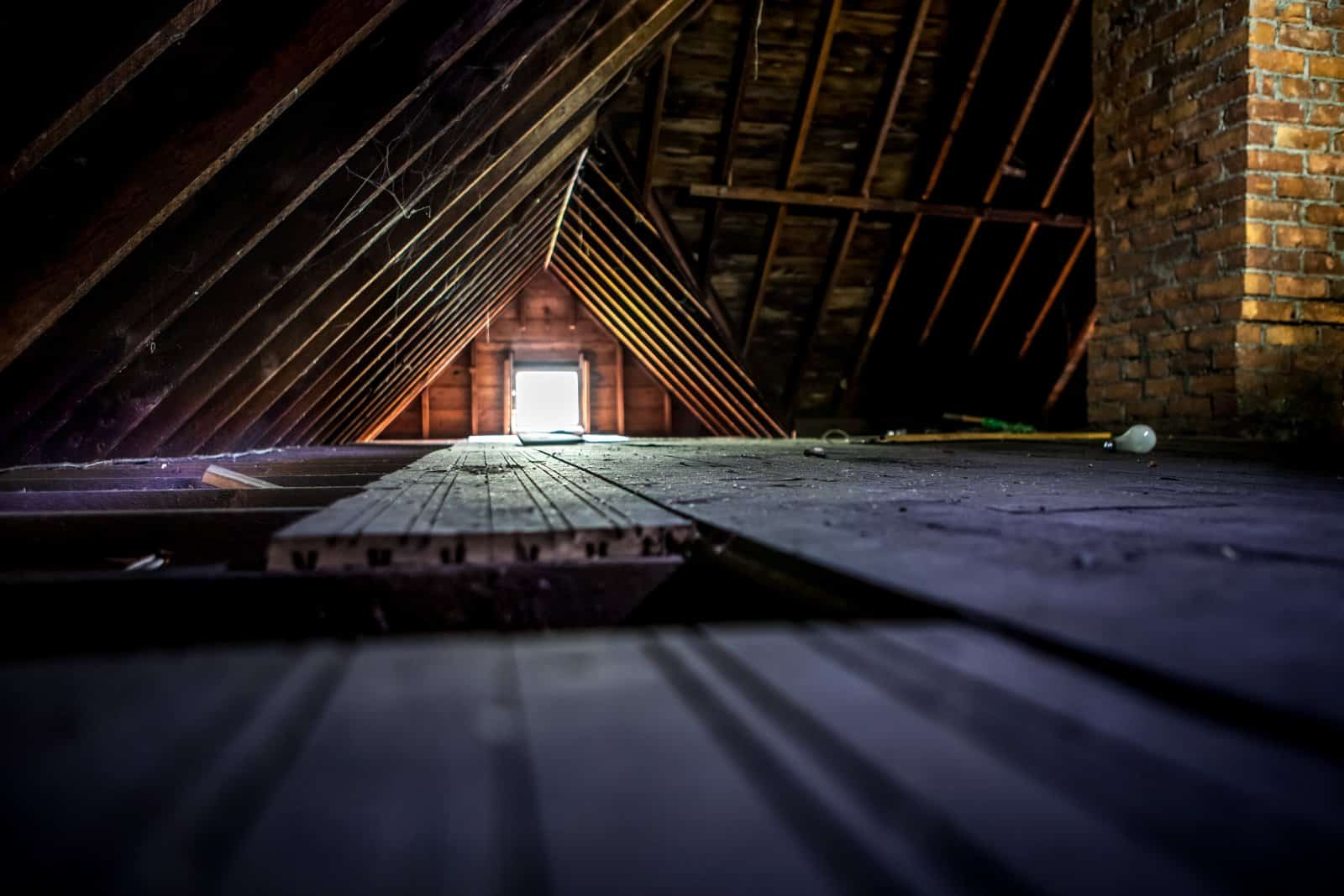
The roof is a fundamental structural element of the property, and one that isn’t in perfect shape can cause many issues. Inspecting the roof and attic can cost the seller about $200 – $350.
7. The Overall Interior and Exterior

Selling your home is also about aesthetics; thoroughly inspecting the interiors and exteriors is essential. A home interior and exterior inspection could cost around $300- $500. This covers various aspects of the home that are checked and assessed.
8. HVAC Systems
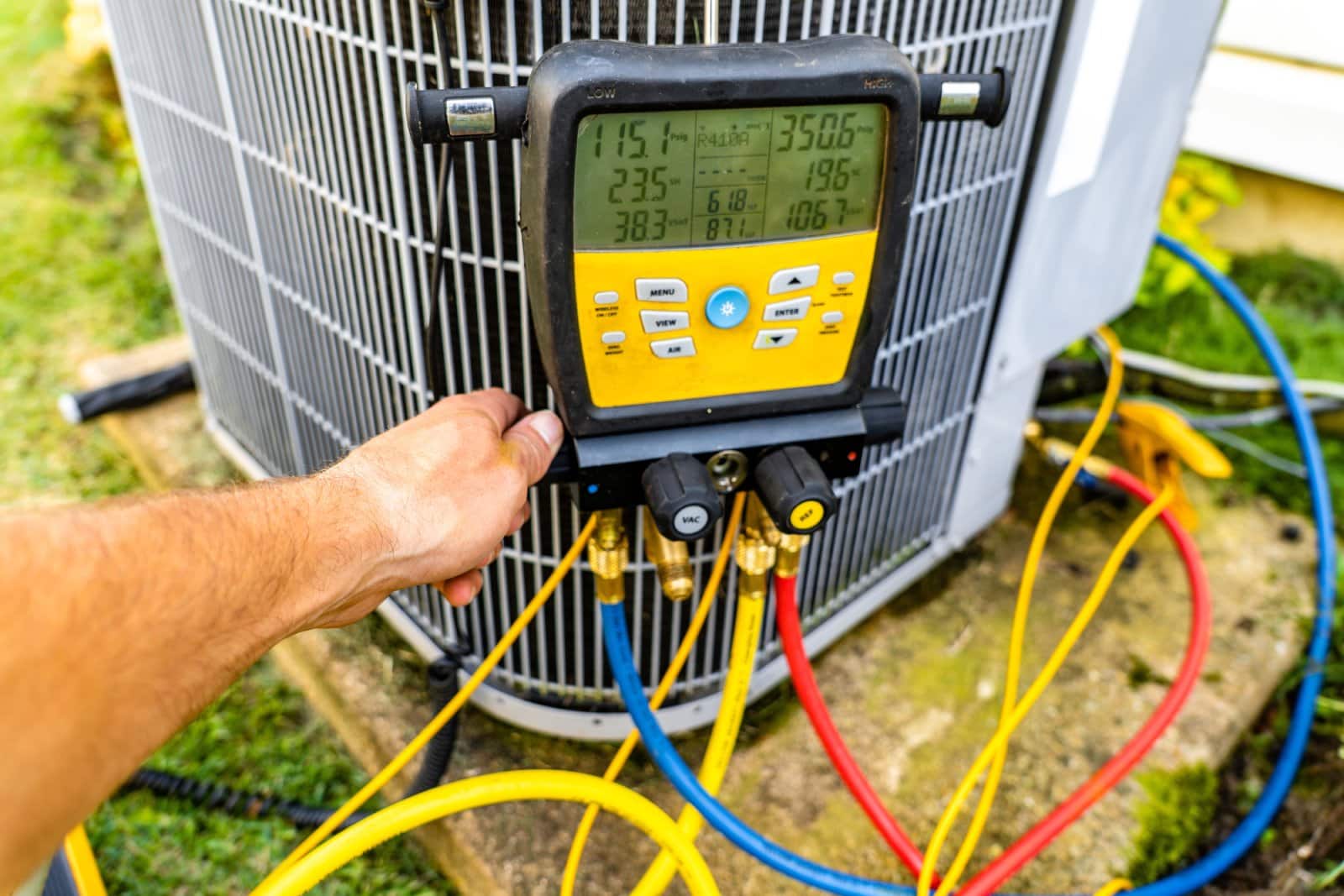
HVAC systems are an excellent addition to any home’s temperature control. An HVAC inspection could cost around $80 – $300. The price varies depending on the system, your geolocation, and its size.
9. Water Heater
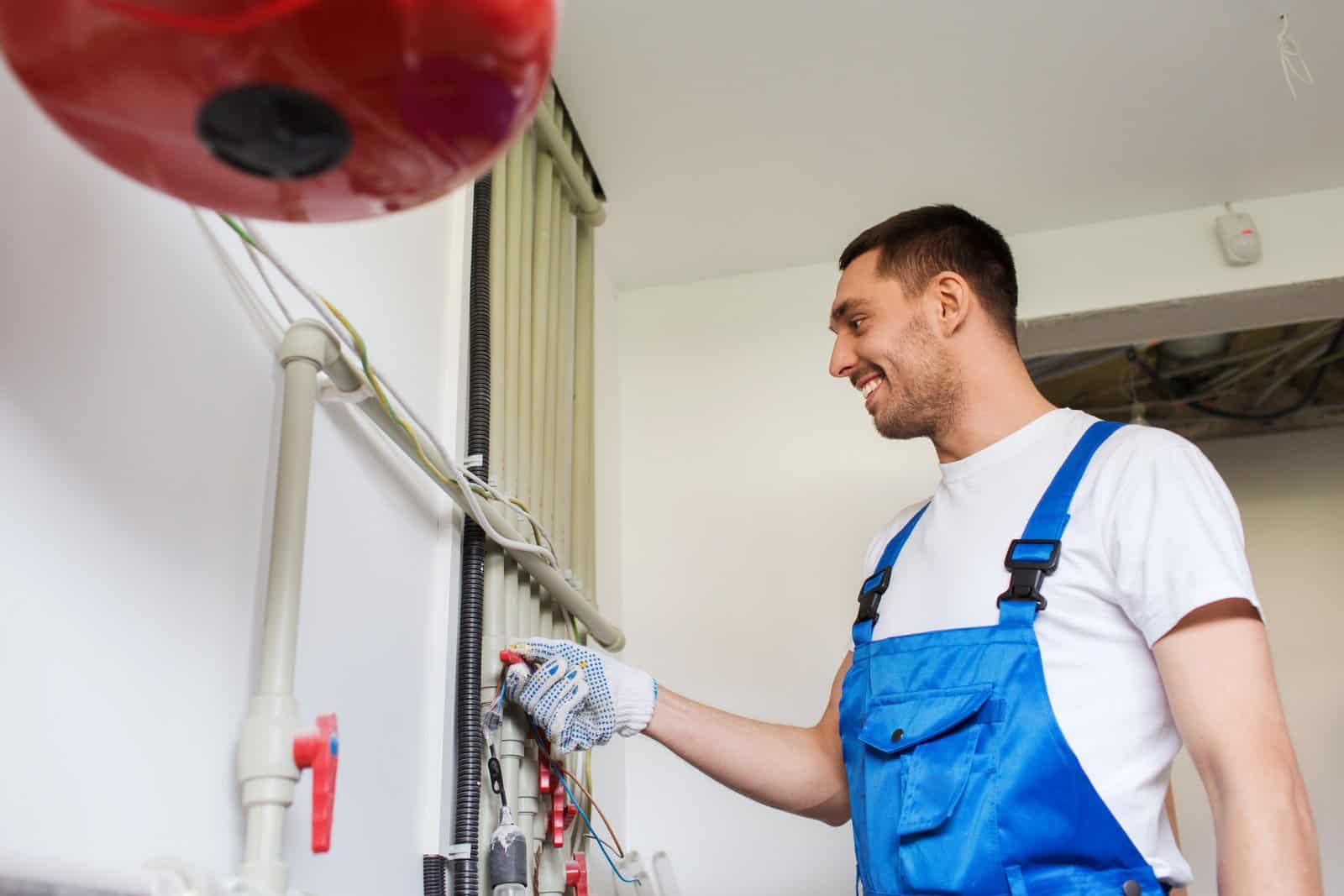
Check the water heater and boiler, ensuring everything passes and is certified. Doing the water heater inspection mitigates possible setbacks before selling your home. Water heater inspections can cost anywhere from an estimated $350 to $1300.
10. Termites Inspection
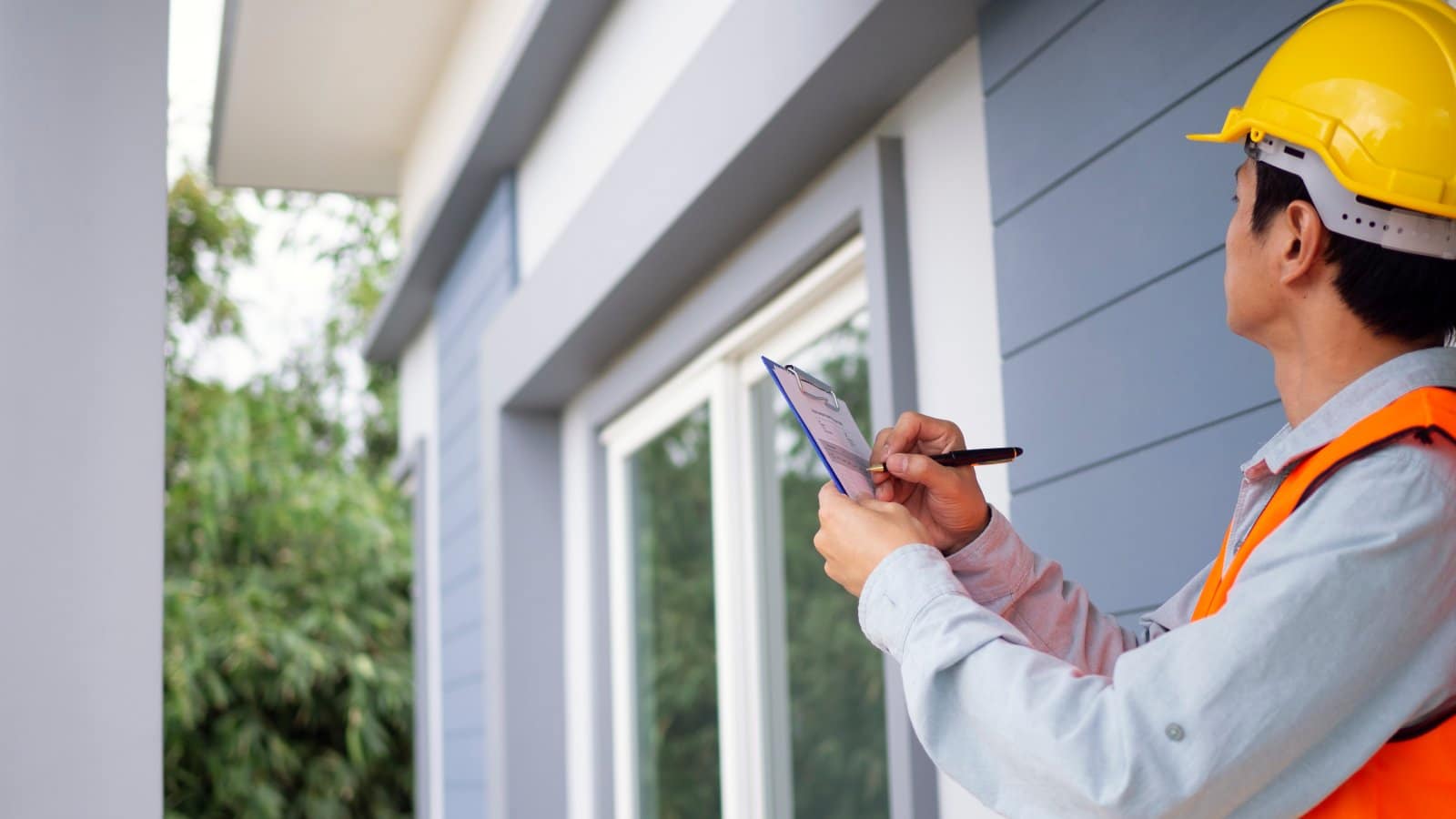
Another important home inspection that should not be missed is checking for termites. Termites can wreak havoc, causing damage and racking up the bill. Termite inspections are roughly $150 – $350.
11. Asbestos Check
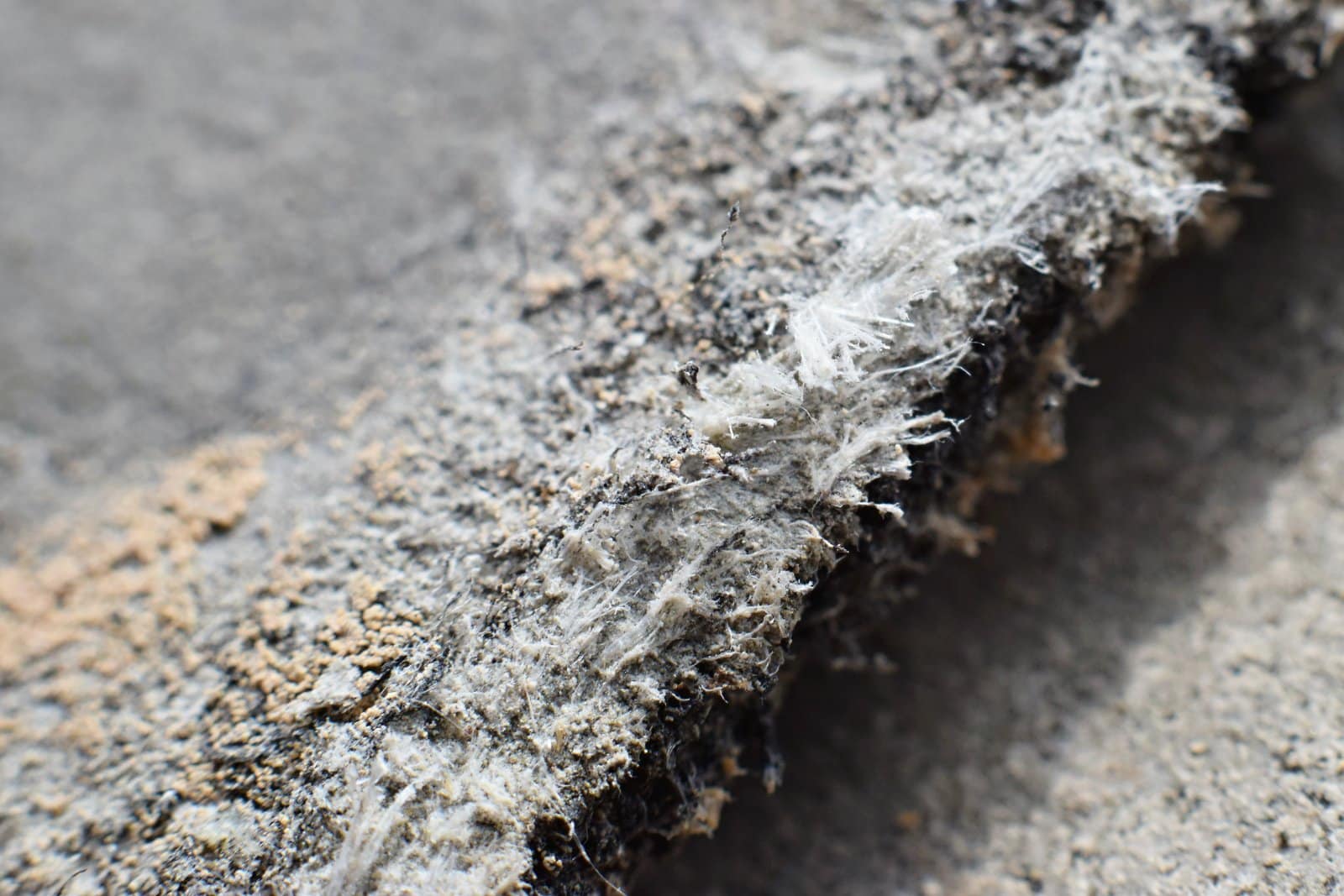
Asbestos is a health hazard, but it was a staple in construction and manufacturing. It was mined in the 1890s and was still used until the 1970s. According to the Centers for Disease Control, asbestos mining in America ended in 2002. The asbestos inspection price range is estimated at $600 – $1500.
12. The Property Foundation
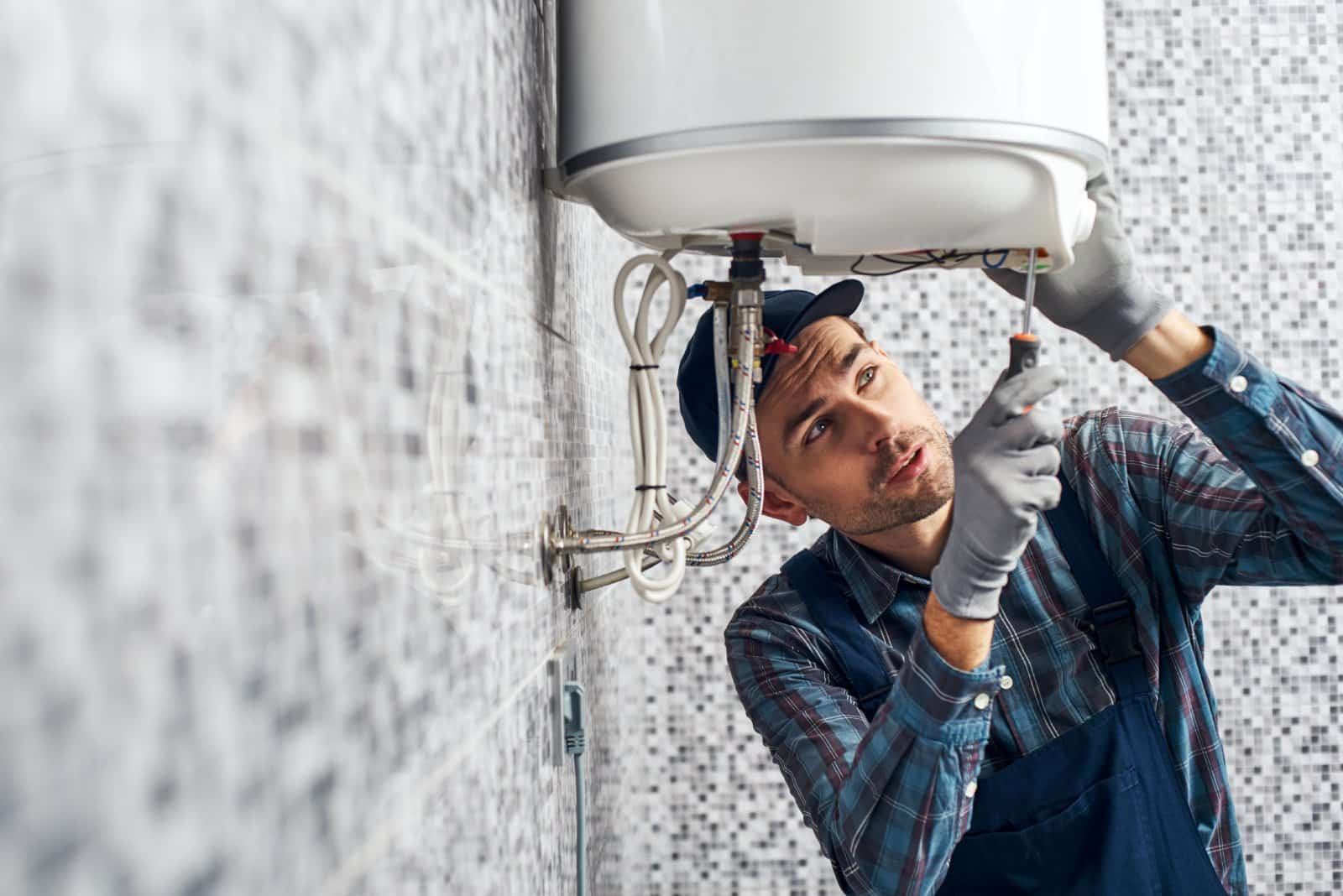
It’s good to have the property foundation also inspected, especially if plumbing concerns exist. According to Forbes, a property foundation check can set the seller back $300 – $800.
13. Basement and Other Structural Features
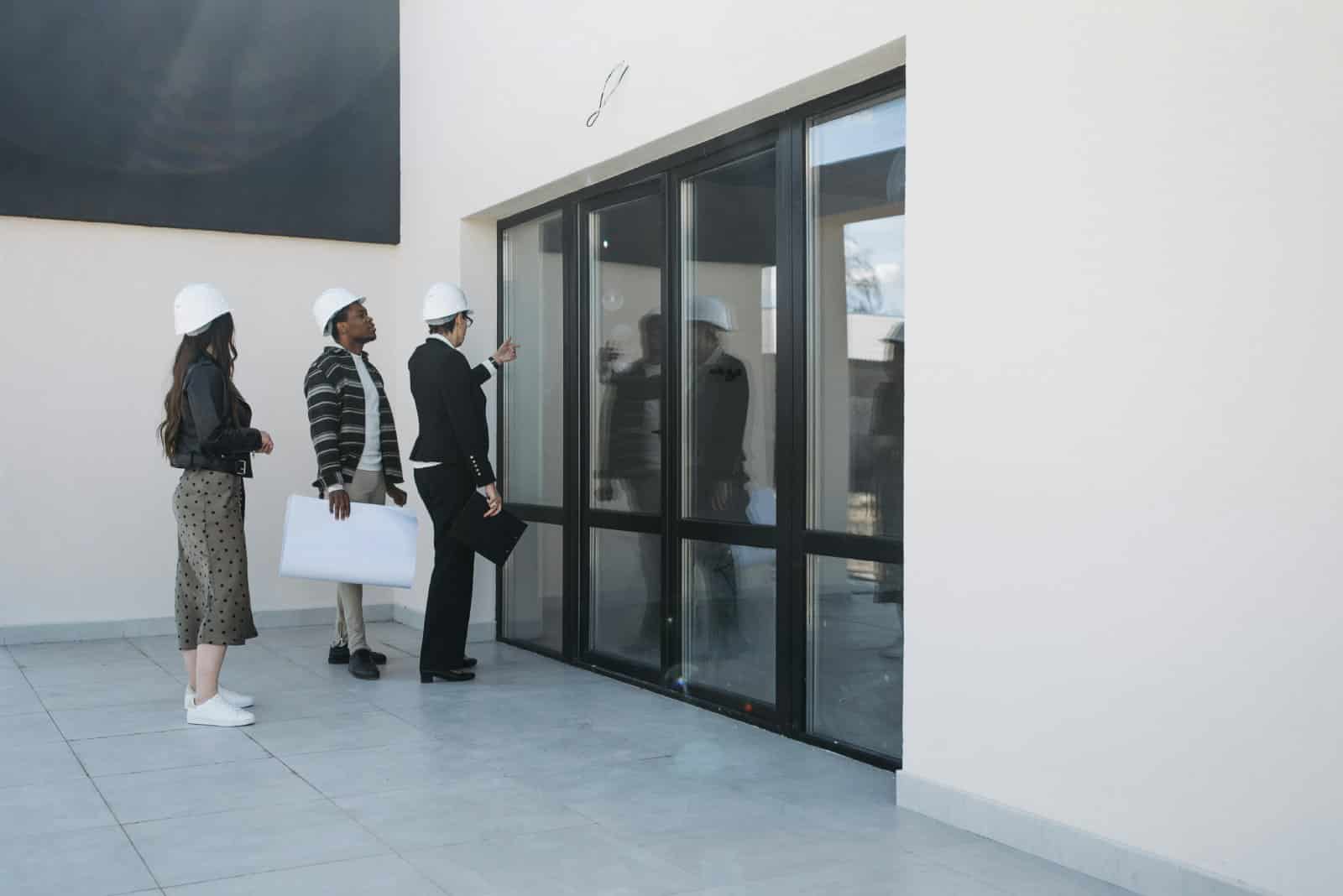
Like the roof, the foundation and the basement are important structural components of a property. To inspect the basement and other structural parts of the home can cost an estimated $300 – $550.
14. The Company’s Quote

The company you hire can also play a role in what you’ll pay for a property inspection. Everything from their years of experience, your location, the work required in the inspection, and more. Getting a few quotes can help you narrow it down.
So What Now?

Prices are not set in stone and can fluctuate depending on the scenario. These can work as a guide to help you get ahead on your home inspection plans.
Remote No More: 19 Companies Returning to the Office

As the pandemic wanes, companies are recalling remote workers back to the office, sparking debates on fairness, costs, and convenience. However, there are also notable productivity, coworking, and mental health benefits to consider. Feeling the effects of these changes? Remote No More: 19 Companies Returning to the Office
8 Costco Must Buys and 8 to Leave Behind

Ever wandered Costco’s aisles, questioning if that giant jar of pickles is a real bargain? Or debated buying tires where you get your rotisserie chicken? Welcome to the definitive guide to Costco shopping—a journey to save money, prevent regrets, and offer quirky insights into bulk buying. 8 Costco Must Buys and 8 to Leave Behind
23 Reasons Texas Is the Next Big Thing

Texas is becoming a beacon of opportunity, blending cultural heritage with economic growth. From its landscapes to its industries, the Lone Star State offers a dynamic lifestyle. Here are 23 reasons why Texas stands out, attracting entrepreneurs, artists, tech professionals, and families seeking new beginnings. 23 Reasons Texas Is the Next Big Thing
Featured Image Credit: Shutterstock / LightField Studios.
The content of this article is for informational purposes only and does not constitute or replace professional financial advice.

